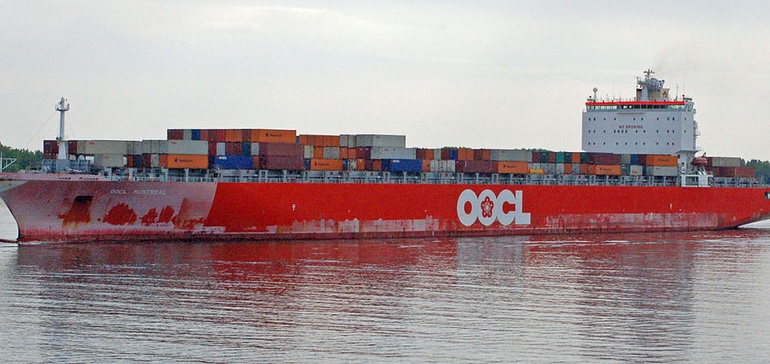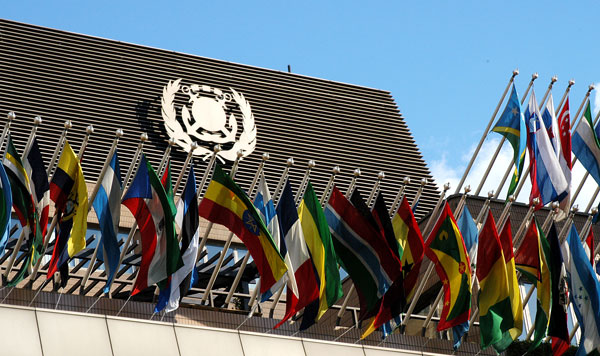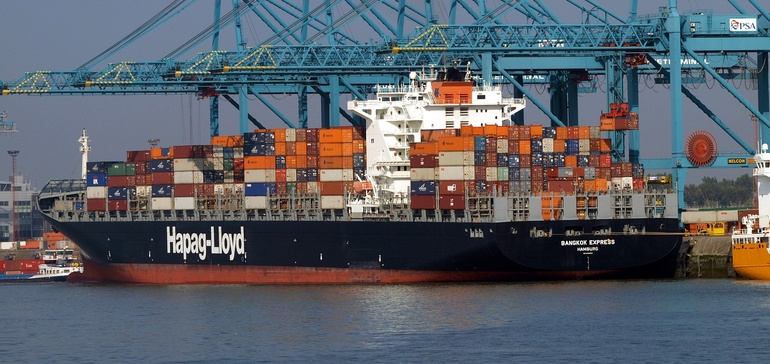The International Maritime Organization (IMO) has a new mandate under the Emission Control Area regulations. All merchant vessels are required to reduce their sulfur emissions to 0.5% from 3.5% by 2020.
This is a drastic change in emissions, and carriers will need to upgrade their vessels and/or their fuel to meet the new standards. Those changes will come at a cost to shippers, and rates may climb between new and 2020 to cover the added costs in order to operate in compliance.
The “bunker” oil for this type of ship is heavy fuel oil, derived as a residue from crude oil distillation. Combustion of the sulfur-containing heavy crude oil leads to emissions of sulfur oxides (SOx), which are known to be harmful to human health. Sulfur oxides in the atmosphere can lead to acid rain. These are some of the reasons why the IMO had agreed on putting new restrictions in place.


OOCL has already introduced a “Bunker Surcharge” to cover the costs of meeting the IMO sulfur cap regulations by January 2020. The new fee will be called a “bunker recovery charge.”
Image source: Pixabay
Hapag-Lloyd is also taking steps to covering the foreseeable costs in meeting new standards in emissions. They have a new Marine Fuel Recovery mechanism, replacing all existing fuel related charges and fees. There will be more transparency in how the fuel related charges are calculated, and it would take into account of several factors, including vessel consumption per day, type and price of the fuel used etc.
To conserve fuel and reduce emissions, the practice of “slow-steaming” to reduce vessel speed may become the new average speed in order to meet the new standards. This would in turn reduce capacity since the transit time would increase.
Being prepared and planning ahead for the changes in transit times and shipping costs will be important in supply chain management.
Contact our team at BOA Logistics to stay ahead in contracting drayage rates or getting a competitive spot rate.


